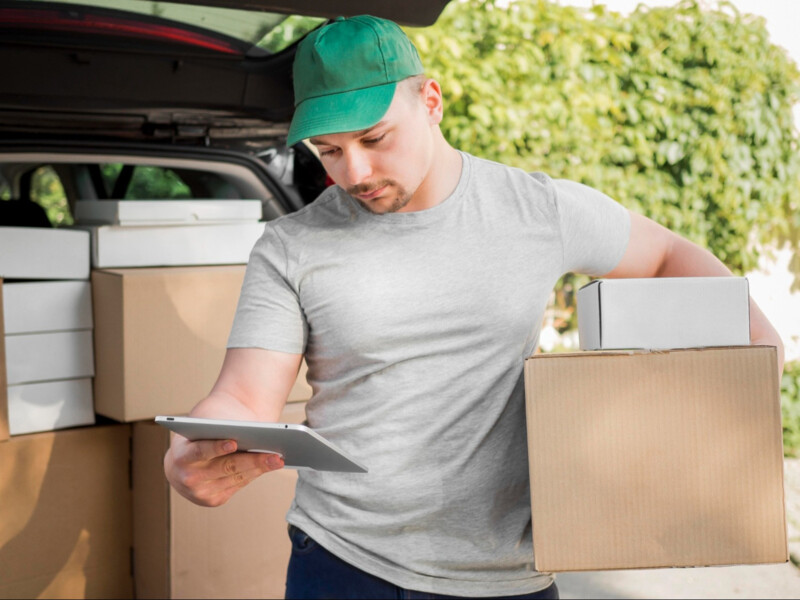Depuis sa création en 2022, le nouveau statut de l'entreprise individuelle révolutionne la façon dont les entrepreneurs envisagent leur patrimoine. Désormais, dès le lancement de leur activité, ils disposent à la fois d'un patrimoine personnel et professionnel distincts. Cette nouveauté offre une protection inédite : seul le patrimoine professionnel est susceptible d'être saisi pour régler les dettes liées à l'activité professionnelle. Mais qu'en est-il pour les ressortissants étrangers exerçant en France ? Bénéficient-ils également de ces avantages ? La loi « Immigration » du 26 janvier 2024 précise les conditions d'accès.
Les nouveautés apportées par le statut d’entrepreneur individuel
Depuis le 15 février 2022, il n’est plus possible de créer une entreprise individuelle à responsabilité limitée (EIRL). Entré en vigueur au 15 mai 2022, le nouveau statut unique d’entrepreneur individuel reprend les principaux avantages de l’EIRL, à savoir :
- une protection du patrimoine personnel (par défaut insaisissable par les créanciers professionnels),
- la simplification des formalités et fonctionnement du statut (ensemble des formalités prévues au guichet unique disponible depuis le 30 juin 2023),
- la possibilité de choisir parmi deux options en matière fiscale (imposition par défaut à l’impôt sur le revenu dans la catégorie des BNC, BIC ou BA selon l’activité exercée, ou imposition à l’impôt sur les sociétés pour les entreprises individuelles soumises à un régime réel d’imposition).
Conditions d’accès au statut d’entrepreneur individuel : ce que prévoit la loi « Immigration »
Avant la loi « Immigration » du 26 janvier 2024, les personnes provenant de pays hors UE n’étaient pas soumises à l’obligation de présenter un titre de séjour valide pour accéder au statut d’entrepreneur individuel. Cependant, depuis son entrée en vigueur, cette condition est prévue par l’article L526-22 du Code de commerce, une révision législative qui établit une exigence générale de régularité de séjour pour tous les entrepreneurs.
Autrement dit, la loi « Immigration » précise que les étrangers ressortissants de pays non-membres de l’UE, de l’Espace économique européen ou de la Confédération suisse ne peuvent pas accéder au statut d’entrepreneur individuel sans titre de séjour régulier. En revanche, les ressortissants des pays membres de l’UE, d’Islande, de Norvège, du Lichtenstein et de la Suisse y sont éligibles sans restriction, à l’exception de celles liées à l’activité exercée (détention d’une licence pour l’activité de transport de marchandises par exemple).
Cette condition liée à la régularité du séjour sur le sol français traduit la volonté du gouvernement de ne pas faciliter l’accès au statut d’entrepreneur individuel. Le statut, qui est cumulable avec le régime simplifié de l’auto-entrepreneur, ne doit pas être pour le gouvernement un « facteur d’attractivité du territoire national pour l’immigration irrégulière » et contribue à « participer à la lutte contre les situations de forte précarité voire d’exploitation de cette main d’œuvre particulièrement vulnérable ».
Les restrictions visent plus particulièrement les auto-entrepreneurs commerçants et artisans en situation irrégulière, notamment ceux travaillant sur des plateformes collaboratives de chauffeurs-livreurs qui sont parfois amenés à sous-louer leurs comptes d’utilisateur à des tiers eux-mêmes en situation irrégulière.
